Just took a bit longer than usual to pay everyone.
Each guy or girl came up to the bucket to get their volume measured in Maduro (red cherries) and Verde (green cherries). We record name, type of cherry, latas and then get signatures.
Not familiar with this crew. They came from a near by larger farm on their Sunday off. The pickers are starting to leave to go back to the Comarca/Ngobe reservation, so the crews we used earlier in the season have already left. I start to wonder if all is present and correct when we have a whole family of Maduro and Verde surnames on the list. Start again.
Then for the maths. Up until now we only picked red cherries and paid $3 per lata - given quantities of latas picked in a day has never in my experience on this farm exceeded 12 per picker, most of us know our 3x tables and can do the sums in our heads.
Yesterday, much more challenging. We paid $2.25 per lata of green cherries; $3.25 per lata of red mature cherries. We pay more as the picking is harder, less to get. We were cleaning the farm of all fruit, some was ripe some was not.
The manager, the supervisor and me all reached our mental math ceilings on the first picker. I retreated back to the Casa for my calculating machine.
Finally, ATMs don't work for paying coffee pickers. All fifteen made somewhere between $10 and $20 dollars. Lots of ones, fives and change needed. LOTS. Think 30 five pound notes, 20 or so singles and around $10 of quarters and dimes. My purse feels lighter than it has in a long time.
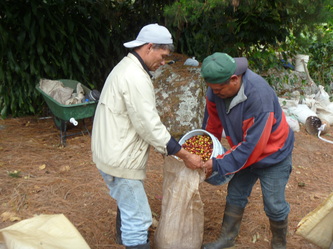
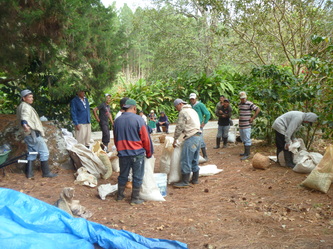
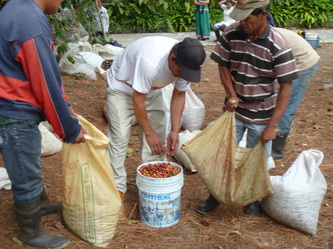
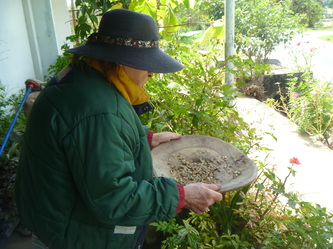
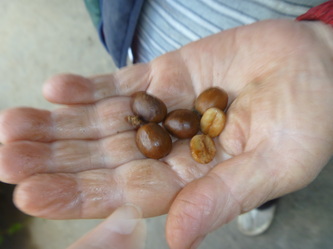
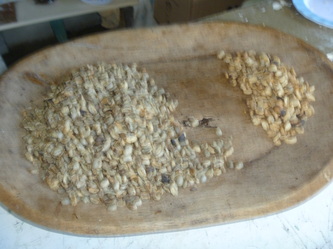
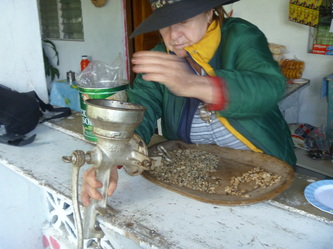
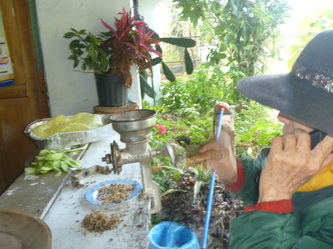
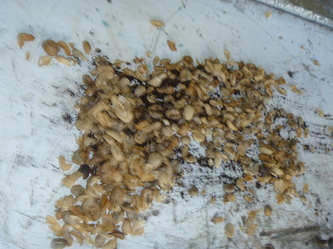
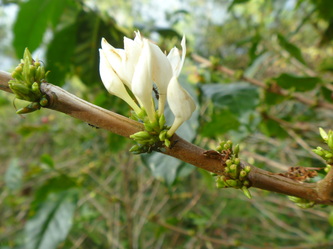
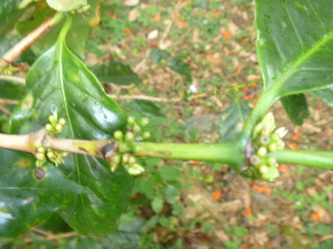
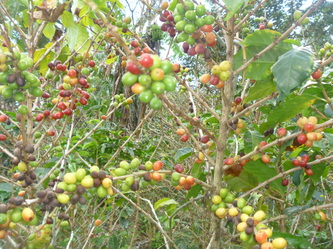
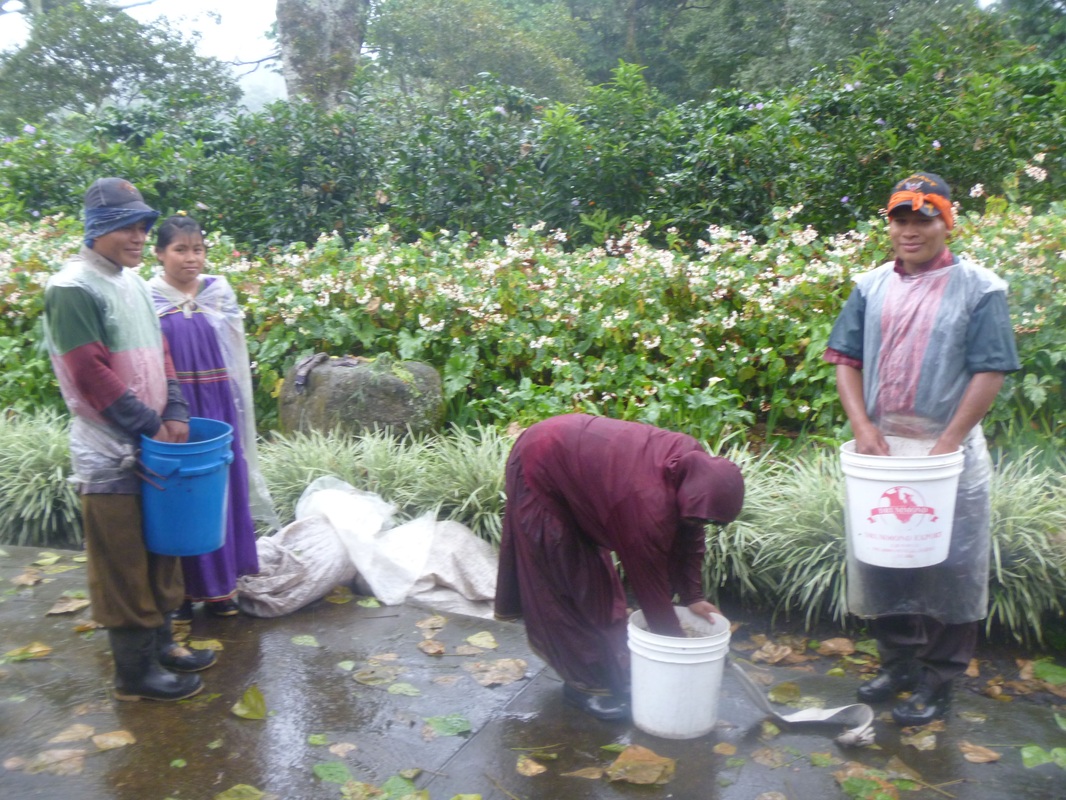
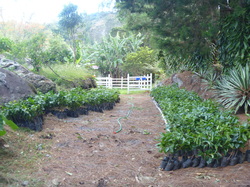
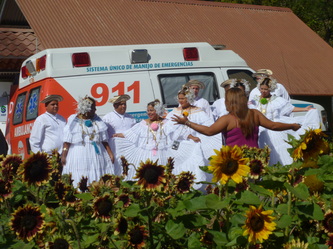
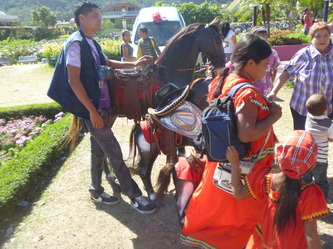
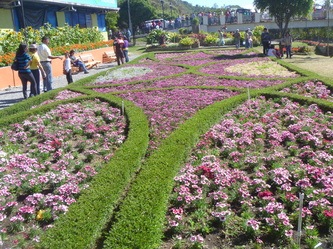
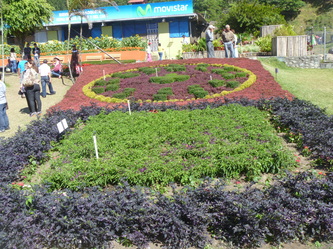
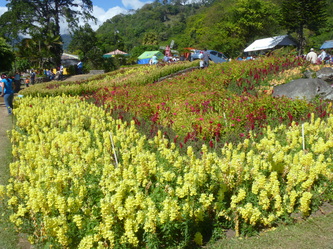
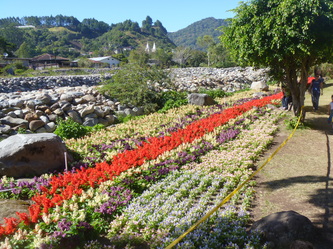
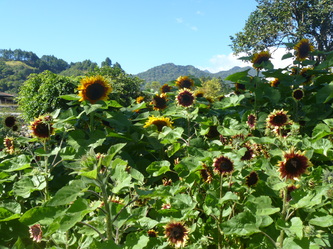
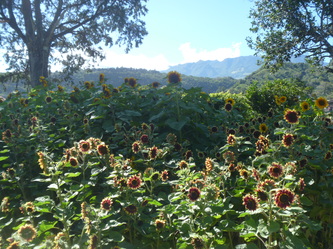
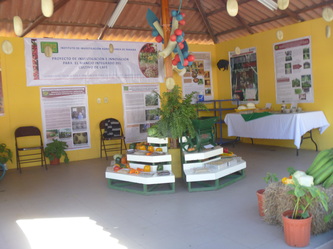
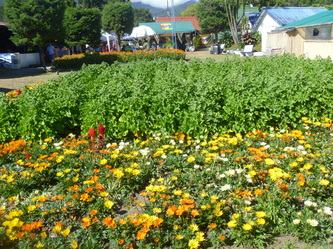
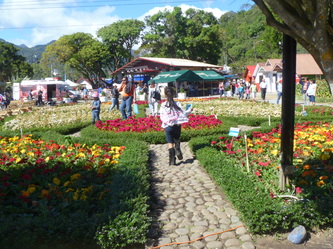
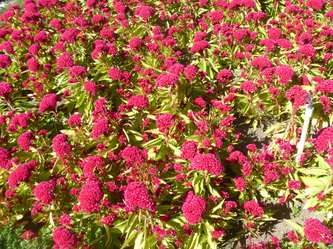
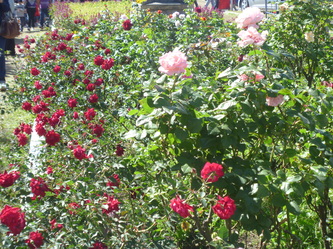
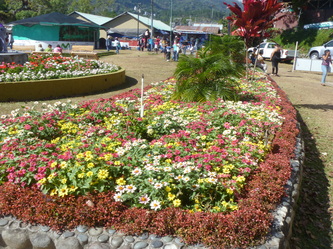
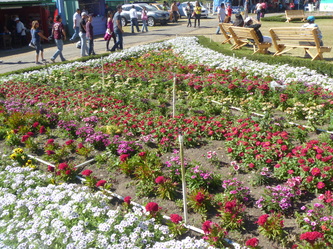
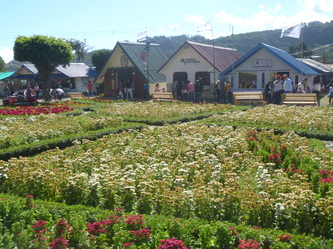
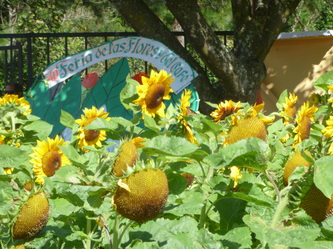
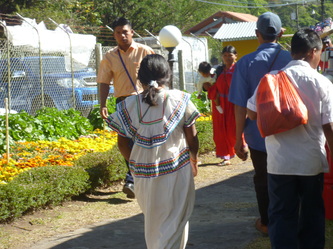
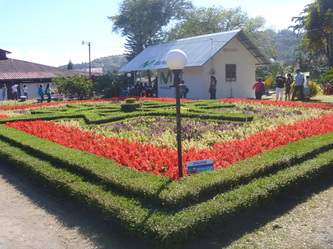
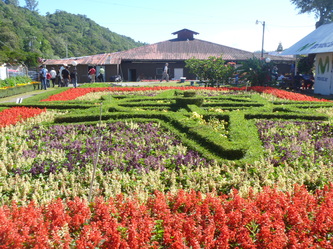
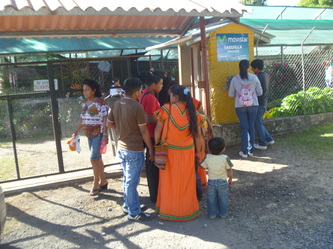
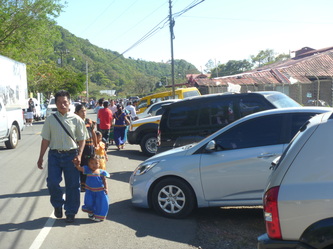
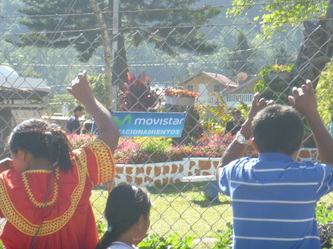
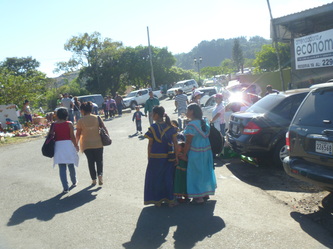
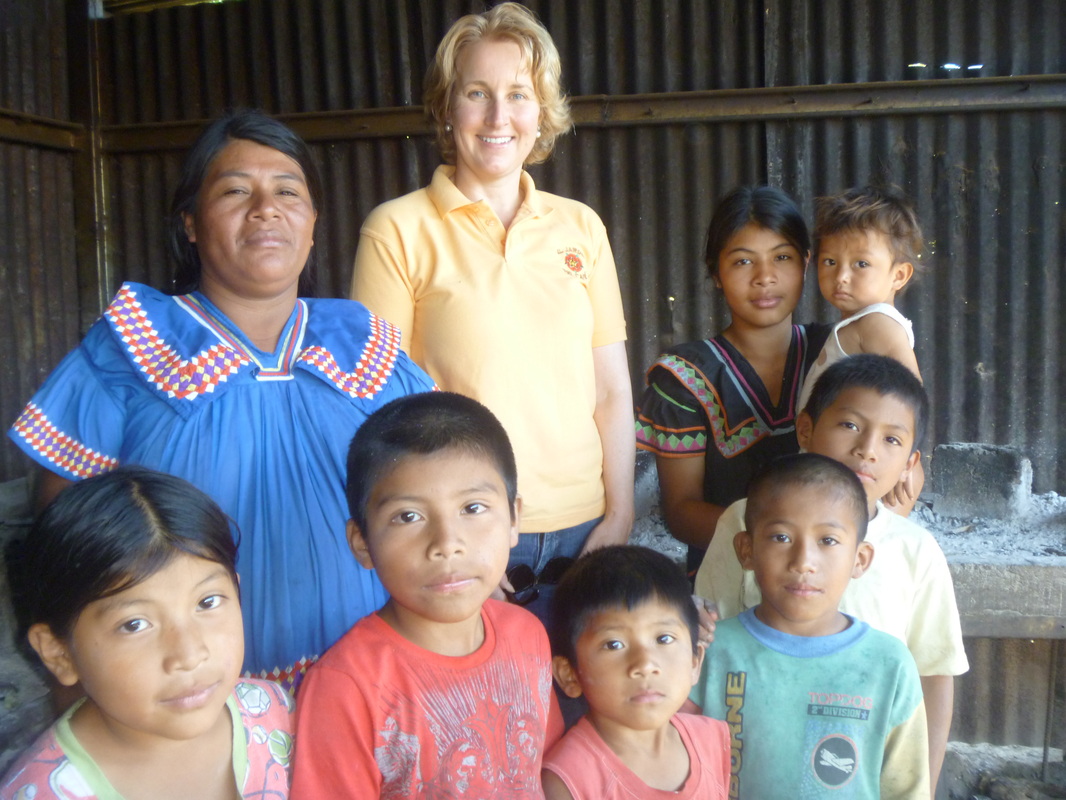
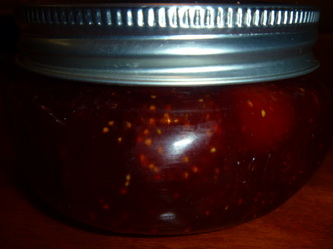
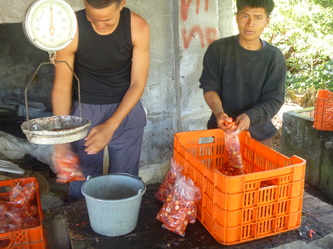
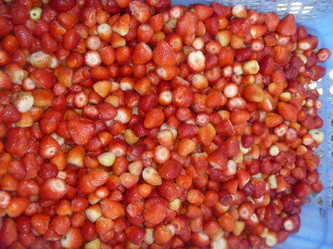
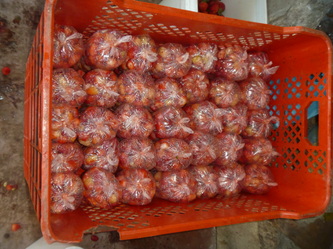
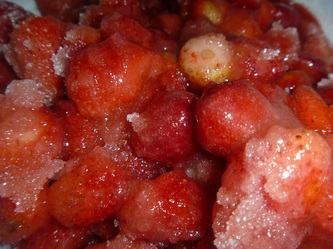
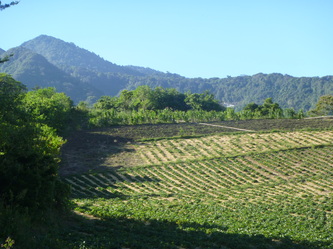
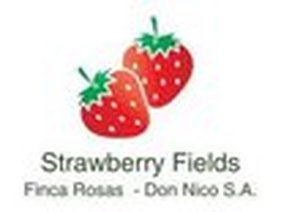
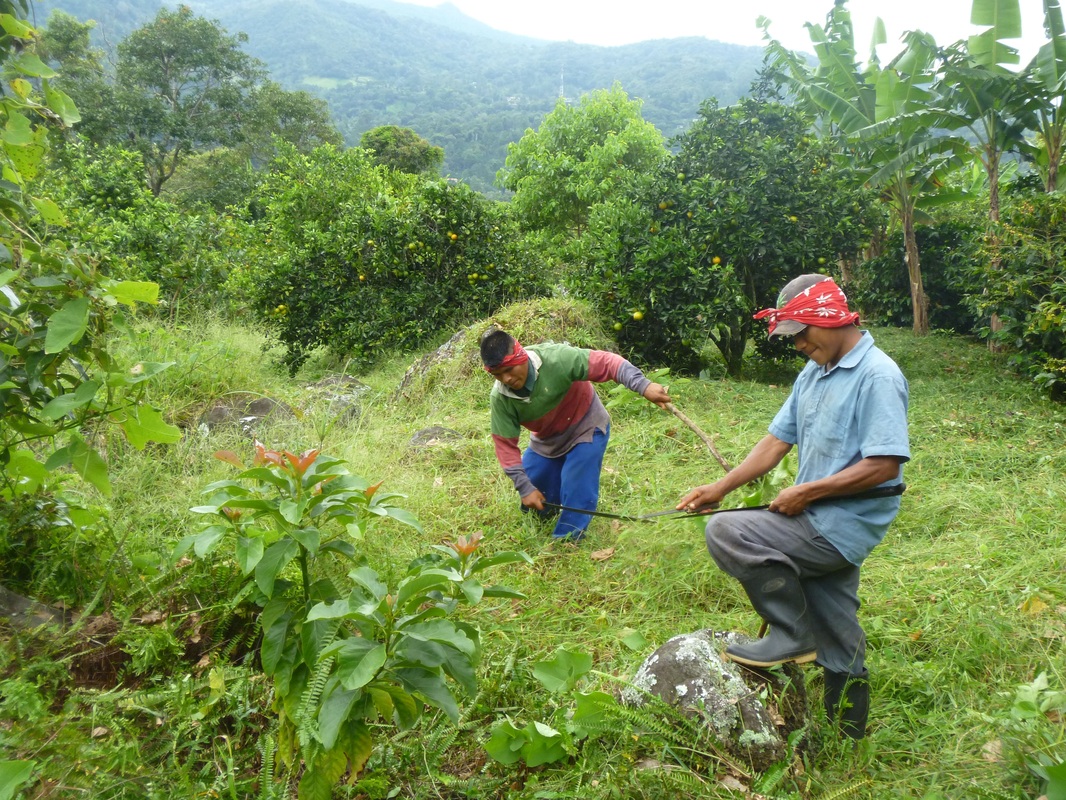



 RSS Feed
RSS Feed
